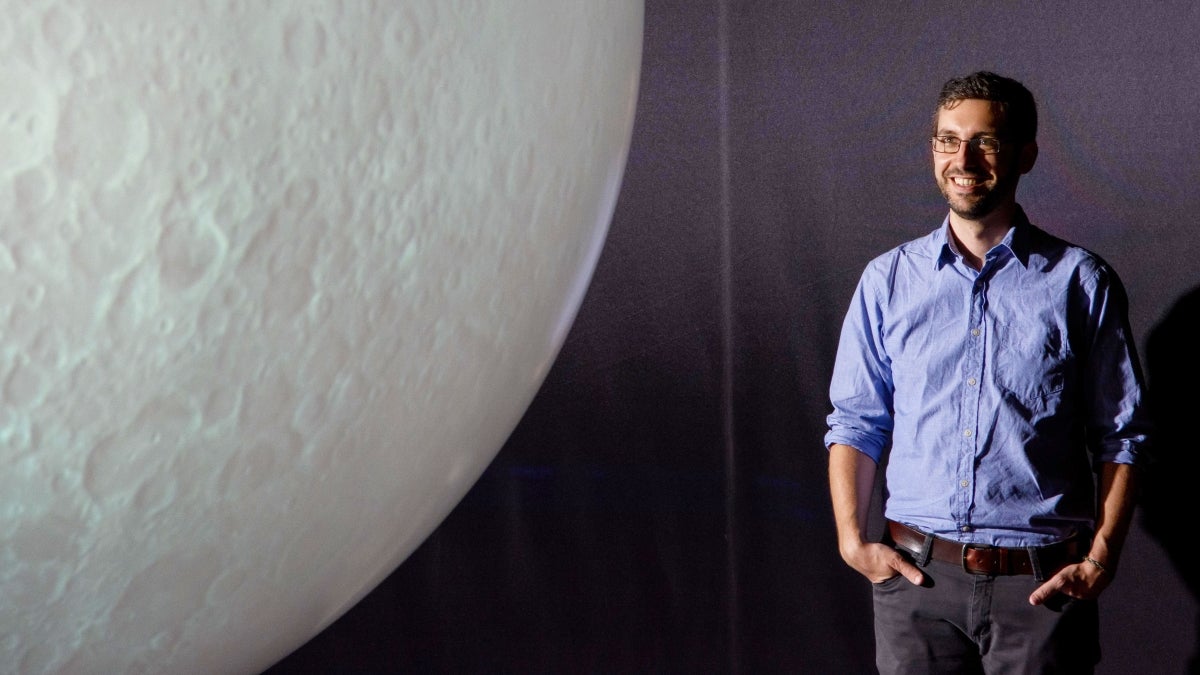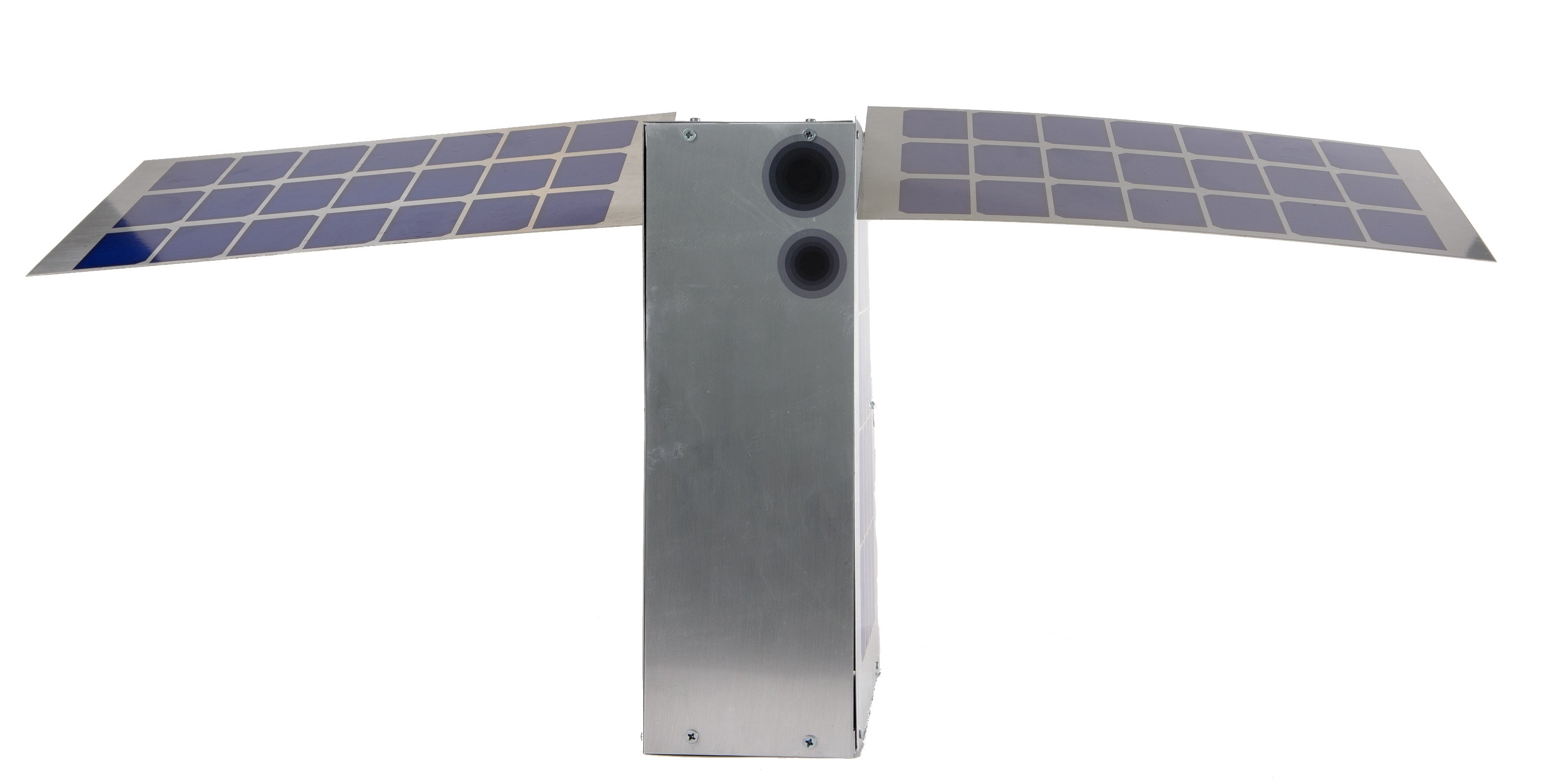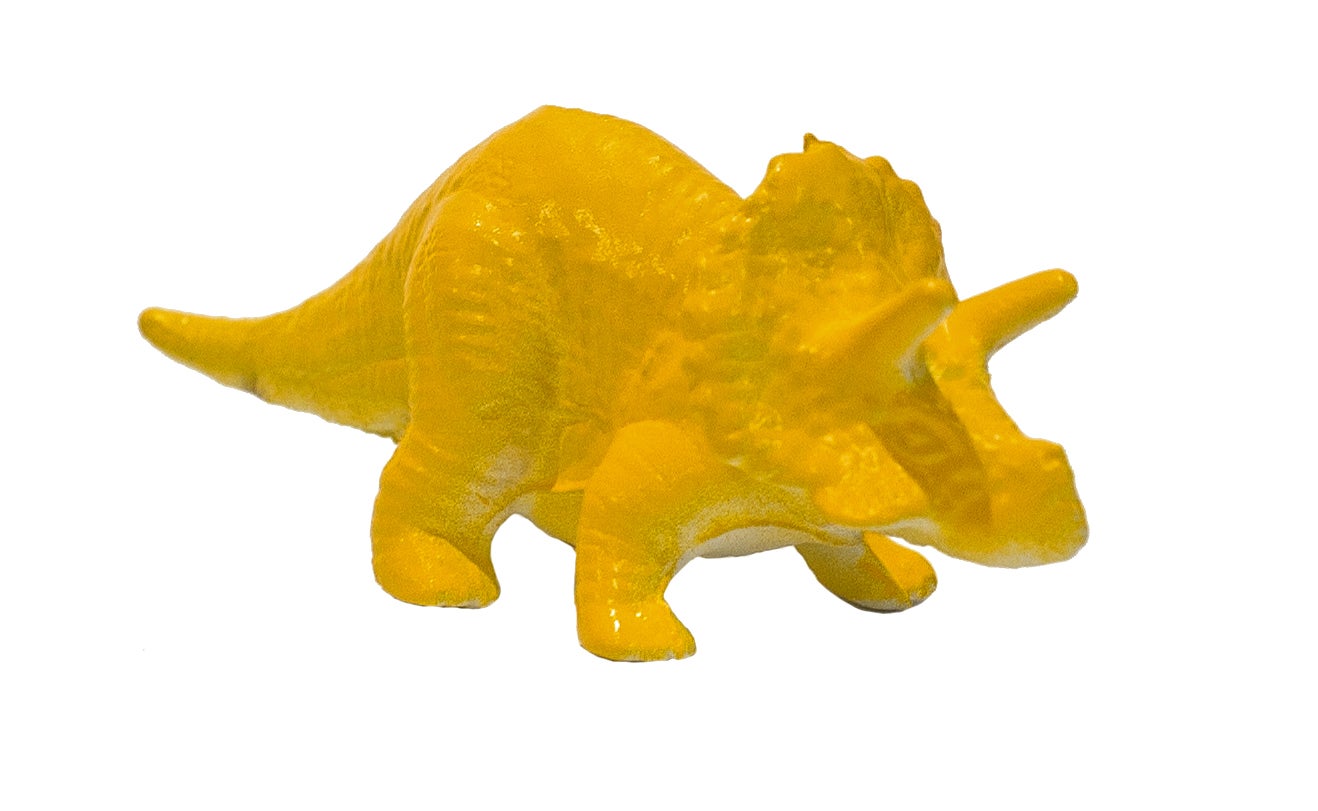Craig Hardgrove was fascinated with dinosaurs. When he found out they were killed off by an asteroid, he became fascinated with space. Now he’s head of a NASA satellite project to explore water-ice deposits on moon. “If you’re interested in something, you never really know where it’s going to lead you,” Craig says.
Luna-H Map
Lunar Polar Hydrogen Mapper
It has been six years since deposits of water were found on the moon. Now the question isn’t “Is there,” but “How much” and “Where.” The LunaH-Map orbiter will train two neutron spectrometers on the moon’s south pole region to confirm and map water deposits in the always-dark craters there. The results will become part of NASA’s strategy for sending humans farther into the solar system.
Craig's favorite dinosaur
triceratops [trahy-ser-uh-tops]
Triceratops exceeded the largest rhinoceroses in bulk, equalling a fairly large elephant, but with much shorter legs.
Explore your interests, options, future
me3 is an interactive game that leads college-bound students to new, even unexpected paths like Craig’s. They explore career interests, relate them to college majors, and design a high school experience around them. Explore more
Download the Learn to Thrive app in the App Store or Google Play Store for more interactive features.
More Science and technology

ASU-led space telescope is ready to fly
The Star Planet Activity Research CubeSat, or SPARCS, a small space telescope that will monitor the flares and sunspot activity of low-mass stars, has now passed its pre-shipment review by NASA.…

ASU at the heart of the state's revitalized microelectronics industry
A stronger local economy, more reliable technology, and a future where our computers and devices do the impossible: that’s the transformation ASU is driving through its microelectronics research…

Breakthrough copper alloy achieves unprecedented high-temperature performance
A team of researchers from Arizona State University, the U.S. Army Research Laboratory, Lehigh University and Louisiana State University has developed a groundbreaking high-temperature copper alloy…




